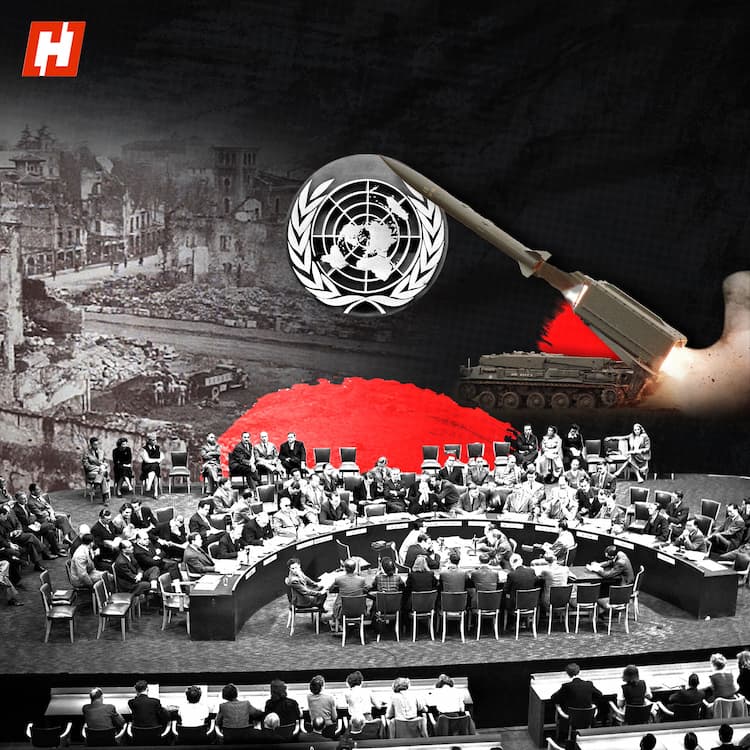Former President Donald Trump is pushing to restart negotiations for a new nuclear deal with Iran. This comes after he unilaterally withdrew the United States from the original agreement in 2018. Trump’s move to exit the deal marked a significant shift in US foreign policy under his administration.
The original agreement, known as the Joint Comprehensive Plan of Action (JCPOA), was signed in 2015 by Iran, the five permanent members of the United Nations Security Council, Germany, and the European Union. The deal aimed to limit Iran’s nuclear program by capping uranium enrichment at 3.67%, a level below weapons-grade. In exchange, Iran received relief from international sanctions that had heavily impacted its economy. International inspections were also put in place to ensure compliance.
However, Trump criticised the deal as a “one-sided transaction” that favoured Iran. He argued that the agreement failed to address Iran’s ballistic missile program and its influence in the region, particularly through proxies. As a result, the US withdrew from the deal and reimposed harsh sanctions on Iran. The move had a significant impact on Iran’s economy, leading to a steep decline in the value of its currency, the rial.
In response, Iran gradually reduced its compliance with the deal. In 2021, it announced it was enriching uranium to 20% purity, well above the 3.67% limit set by the agreement. Iran also began producing uranium metal, a material used in nuclear weapons, and restricted inspections by the United Nations' nuclear watchdog, the International Atomic Energy Agency (IAEA).
Trump’s administration has pursued a policy of “maximum pressure” on Iran, focusing on economic sanctions targeting its oil exports, international trade, and financial transactions. This strategy aims to force Iran back to the negotiating table. Trump has made it clear that he wants a “bigger, better” deal, one that addresses Iran’s nuclear capabilities as well as its regional activities.
Iran, however, remains skeptical of any negotiations with the United States, especially after the US withdrew from the previous deal. Tehran has expressed reluctance to re-enter talks with a country it considers a “bully” and has shown little interest in renegotiating the terms.
As tensions in the Middle East continue to rise, particularly with Iran’s involvement in the Gaza conflict, the US faces pressure to contain Iran’s nuclear ambitions. With Trump insisting on a new deal, the future of US-Iran relations remains uncertain.






